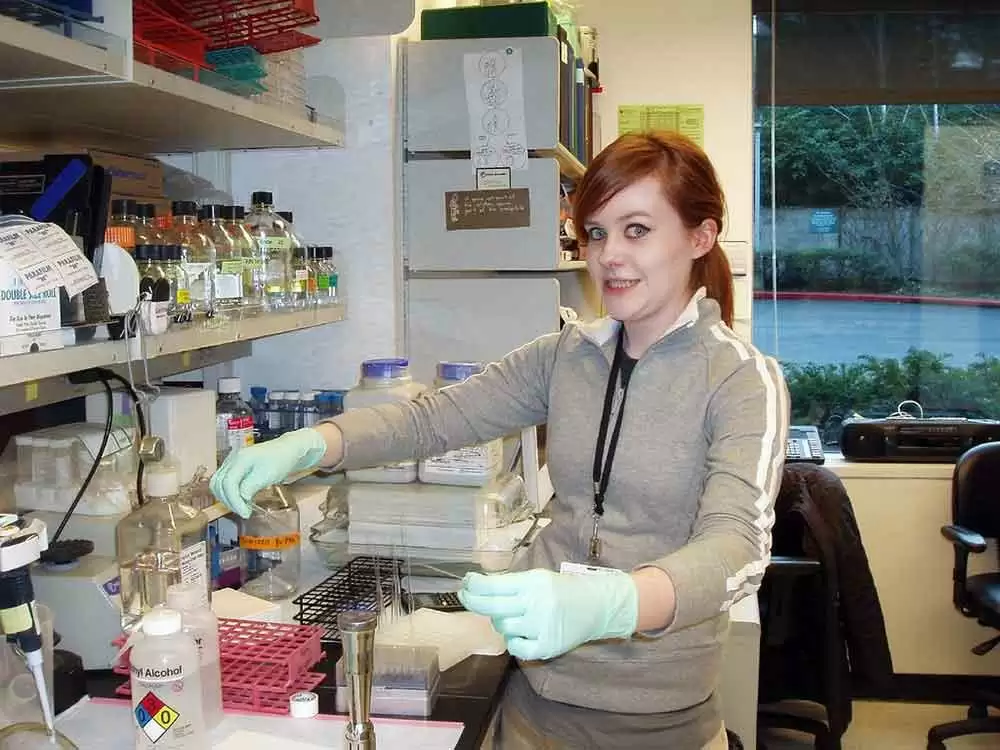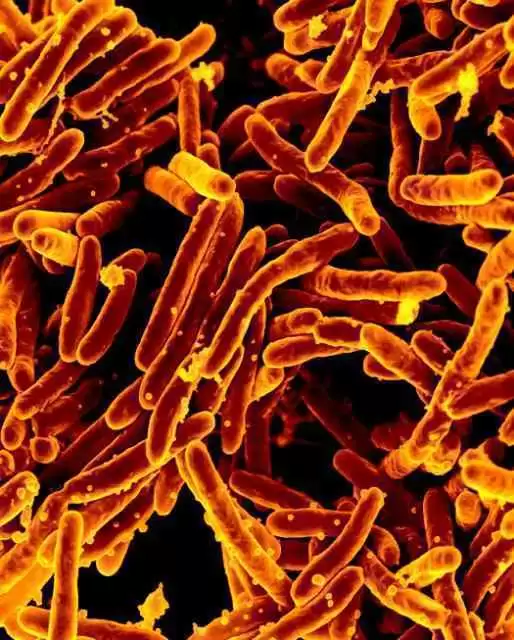
Celiac.com 11/13/2018 - Ubiquitin is highly conserved across eukaryotes and is essential for normal eukaryotic cell function. The bacterium Bacteroides fragilis is part of the standard human gut microbiome, and the only bacterium known to encode a homologue of eukaryotic ubiquitin.
The B. fragilis gene sequence points to a previous horizontal gene transfer from a eukaryotic source. The sequence encodes a protein (BfUbb) with 63% identity to human ubiquitin, which is exported from the bacterial cell.
Celiac.com Sponsor (A12):
Is molecular mimicry of human ubiquitin by gut microbe linked to autoimmune diseases like celiac disease? A team of researchers recently set out to determine if there was antigenic cross‐reactivity between B. fragilis ubiquitin and human ubiquitin and also to determine if humans produced antibodies to BfUbb.
The research team included L. Stewart, J. D. M. Edgar, G. Blakely and S. Patrick. They are variously affiliated with the School of Biological Sciences, University of Edinburgh, Edinburgh, UK; the School School of Biological Sciences, Queen’s University Belfast, Belfast, UK; the Regional Immunology Laboratory, Belfast Health and Social Care Trust, Belfast, UK; and the Wellcome‐Wolfson Institute for Experimental Medicine, Queen’s University Belfast, Belfast, UK.
Molecular model comparisons of BfUbb and human ubiquitin predicted likely structural similarity with 99.8% confidence. The team used linear epitope mapping to identify cross-reacting epitopes in BfUbb and human ubiquitin. Also, at least one epitope of BfUbb does not cross‐react with human ubiquitin.
The team used enzyme‐linked immunosorbent assay to compare the reaction of human serum to BfUbb and human ubiquitin from 474 subjects among four groups: (1) newly autoantibody‐positive patients, (2) allergen‐specific immunoglobulin (Ig)E‐negative patients, (3) ulcerative colitis patients and (4) healthy volunteers.
The team’s data show that the exposure to BfUbb into the human immune system triggers the creation of IgG antibodies. Patients referred for first‐time autoimmune disease testing are more likely to have a high levels of antibodies to BfUbb than are healthy volunteer subjects.
From this, the team concludes that molecular mimicry of human ubiquitin by BfUbb could be a trigger for autoimmune disease.
Finding and understanding potential triggers for autoimmune conditions helps to take us one step further to understanding and potentially curing celiac disease. Stay tuned for further developments in their arena.
First published: 04 August 2018






Recommended Comments
There are no comments to display.
Create an account or sign in to comment
You need to be a member in order to leave a comment
Create an account
Sign up for a new account in our community. It's easy!
Register a new accountSign in
Already have an account? Sign in here.
Sign In Now